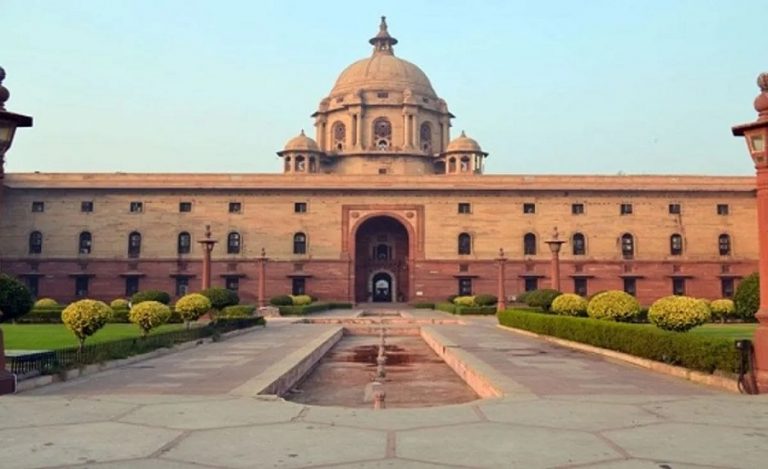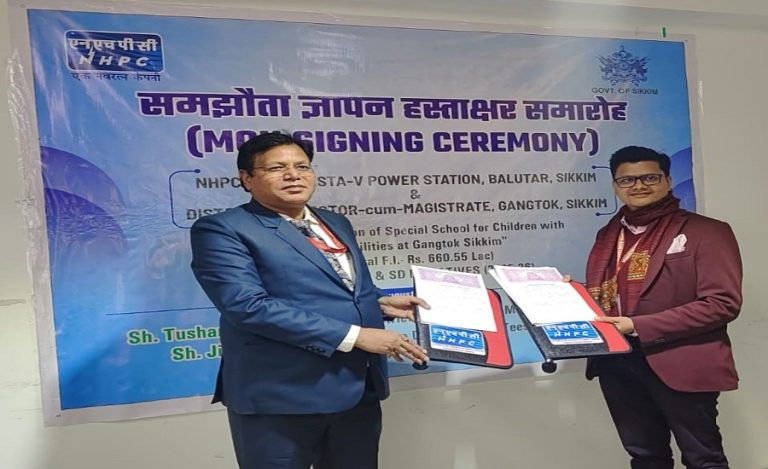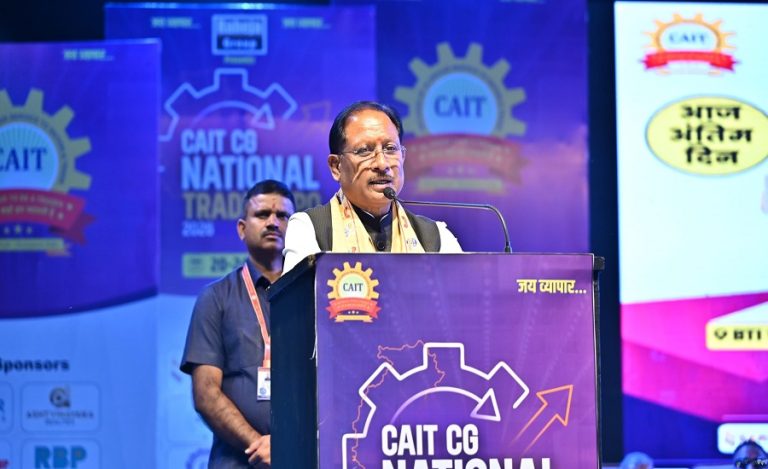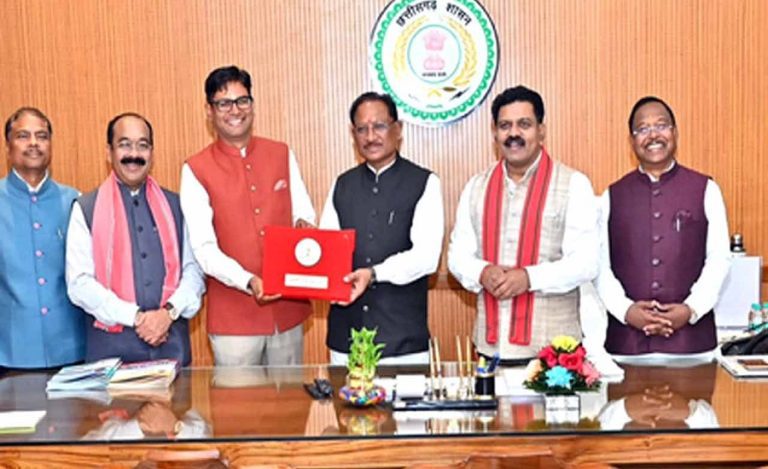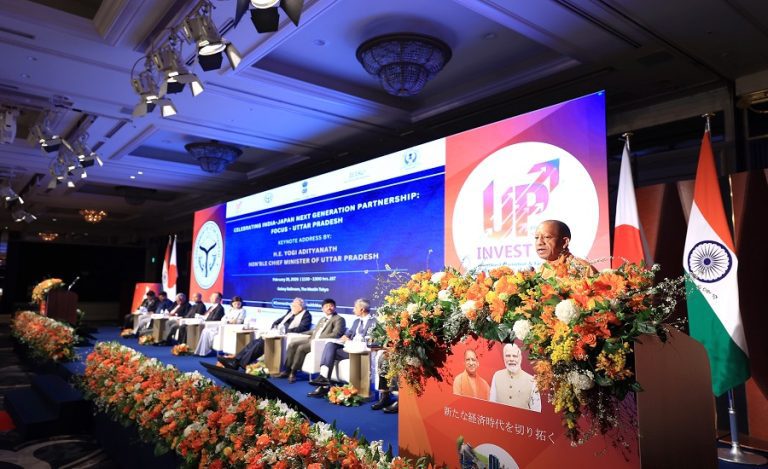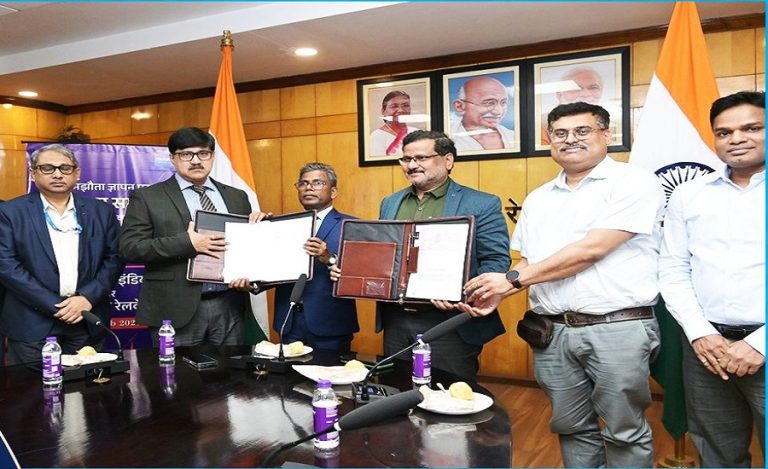New Delhi: Delhi’s Lieutenant Governor, Vinai Kumar Saxena, on June 23 issued an order withdrawing the power of Delhi Police to issue licenses or No Objection Certificates (NOCs) under Section 28 of the Delhi Police Act, 1978. Henceforth, civic bodies – including the Municipal Corporation of Delhi (MCD), New Delhi Municipal Council (NDMC) and Delhi Cantonment Board – will handle licensing for establishments such as hotels, motels, restaurants, guest houses, swimming pools, auditoriums, video‑game parlors, discotheques and amusement parks.
Chief Minister Rekha Gupta described the move as a “landmark administrative reform”, aligning with the government’s “Maximum Governance, Minimum Government” philosophy. She noted that the removal of these powers from the police would eliminate unnecessary procedural delays, reduce inconvenience for traders and enable the force to concentrate on core responsibilities like maintaining law and order, crime prevention and women’s safety.
Key developments
- Licensing authority shifted: Section 28 of the Delhi Police Act no longer applies to the seven specified sectors; civic agencies will now grant licences or NOCs .
- Rationale for change: Civil society and business community complaints highlighted delays and red tape in police-issued permits. The Delhi High Court and Supreme Court had also recommended removing non-core duties from the police.
- Operational clarity: Delhi Police tasked with repealing existing regulations, while various government departments – including Home, Law, IT and police – are coordinating under an inter-departmental committee chaired by the Additional Chief Secretary (Home) .
CM Rekha Gupta’s remarks
Gupta expressed gratitude to Prime Minister Narendra Modi, Union Home Minister Amit Shah and LG Saxena for the timely decision, stating it would significantly ease compliance for business owners and accelerate governance reforms in Delhi. She criticized the previous AAP‑led administration for failing to address these bottlenecks.
Implications & Context
The transfer of licensing duties is expected to standardize applications and reduce administrative overlap, while freeing the Delhi Police from handling commercial permissions that fall outside its mandate. Civic bodies, already equipped for regulatory and municipal oversight, are seen as better suited for the streamlining of these processes. Business associations, including the Chamber of Trade and Industry (CTI), have welcomed the reform, calling it a significant relief from red tape.



